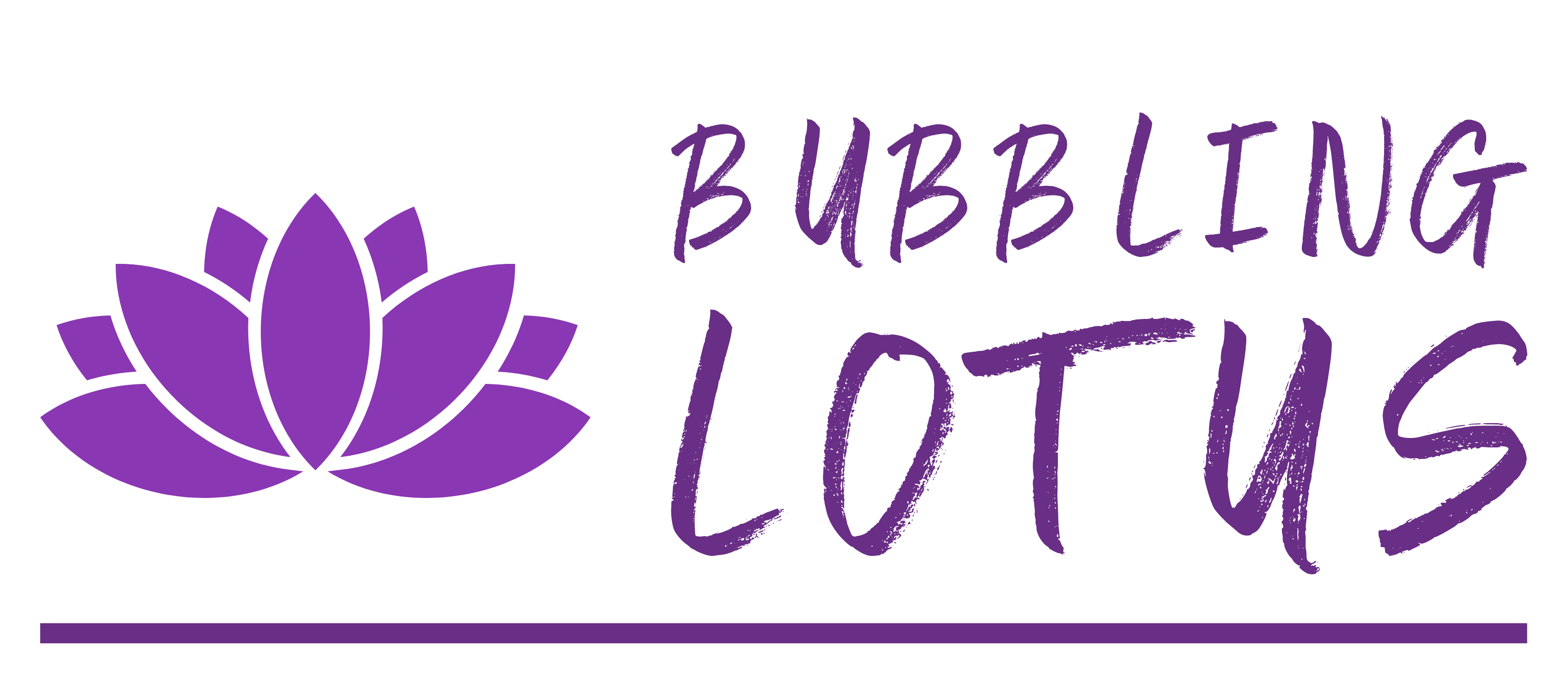In today’s fast-paced and demanding work environments, workplace stress has become a common issue facing many employees. From tight deadlines to difficult colleagues, the pressures of modern workplaces can sometimes feel overwhelming. However, there is a growing body of research that suggests mindfulness can play an important role in helping individuals cope with the stress of the workplace.
Mindfulness is the practice of paying attention to the present moment without judgment. It involves being fully aware of your thoughts, feelings, and surroundings, and accepting them without trying to change them. By cultivating mindfulness, individuals can develop a greater sense of self-awareness and emotional regulation, which can be particularly beneficial in the high-pressure environment of the workplace.
One of the key benefits of mindfulness in coping with workplace stress is its ability to help individuals manage their reactions to stressful situations. Rather than becoming overwhelmed by difficult circumstances, individuals who practice mindfulness are better able to stay calm and composed, allowing them to respond to challenges in a more rational and effective manner. By remaining focused on the present moment and acknowledging their emotions without judgment, individuals can prevent stress from spiraling out of control and maintain a sense of balance and perspective in the face of adversity.
Another important aspect of mindfulness in coping with workplace stress is its ability to improve cognitive functioning. Research has shown that mindfulness can enhance cognitive processes such as attention, memory, and decision-making, all of which are essential for thriving in a busy work environment. By practicing mindfulness techniques such as meditation and deep breathing, individuals can sharpen their mental clarity and focus, enabling them to better manage their workload and respond to challenges with greater efficiency and resilience.
Furthermore, mindfulness can help individuals cultivate a sense of compassion and empathy towards themselves and others, which can be particularly valuable in fostering positive relationships in the workplace. By practicing self-care and self-compassion, individuals can reduce feelings of burnout and enhance their overall sense of well-being, enabling them to navigate workplace stress with greater ease and resilience. Additionally, by developing a greater sense of empathy towards colleagues and superiors, individuals can enhance their communication skills and build stronger, more supportive relationships in the workplace.
In conclusion, the role of mindfulness in coping with workplace stress cannot be understated. By cultivating a greater sense of self-awareness, emotional regulation, and cognitive functioning, individuals can better navigate the challenges of the workplace and promote their overall well-being. By incorporating mindfulness practices into their daily routine, employees can enhance their resilience, productivity, and job satisfaction, ultimately creating a more positive and fulfilling work environment for themselves and their colleagues.
For more information visit:
Bubbling Lotus | Mindfulness Based Stress Reduction
https://www.bubblinglotus.online/
Learn how to manage your stress, anxiety & chronic pain with mindfulness & meditation and discover how to live a happier, calmer life filled with more contentment, increased focus & clarity and higher quality relationships.

